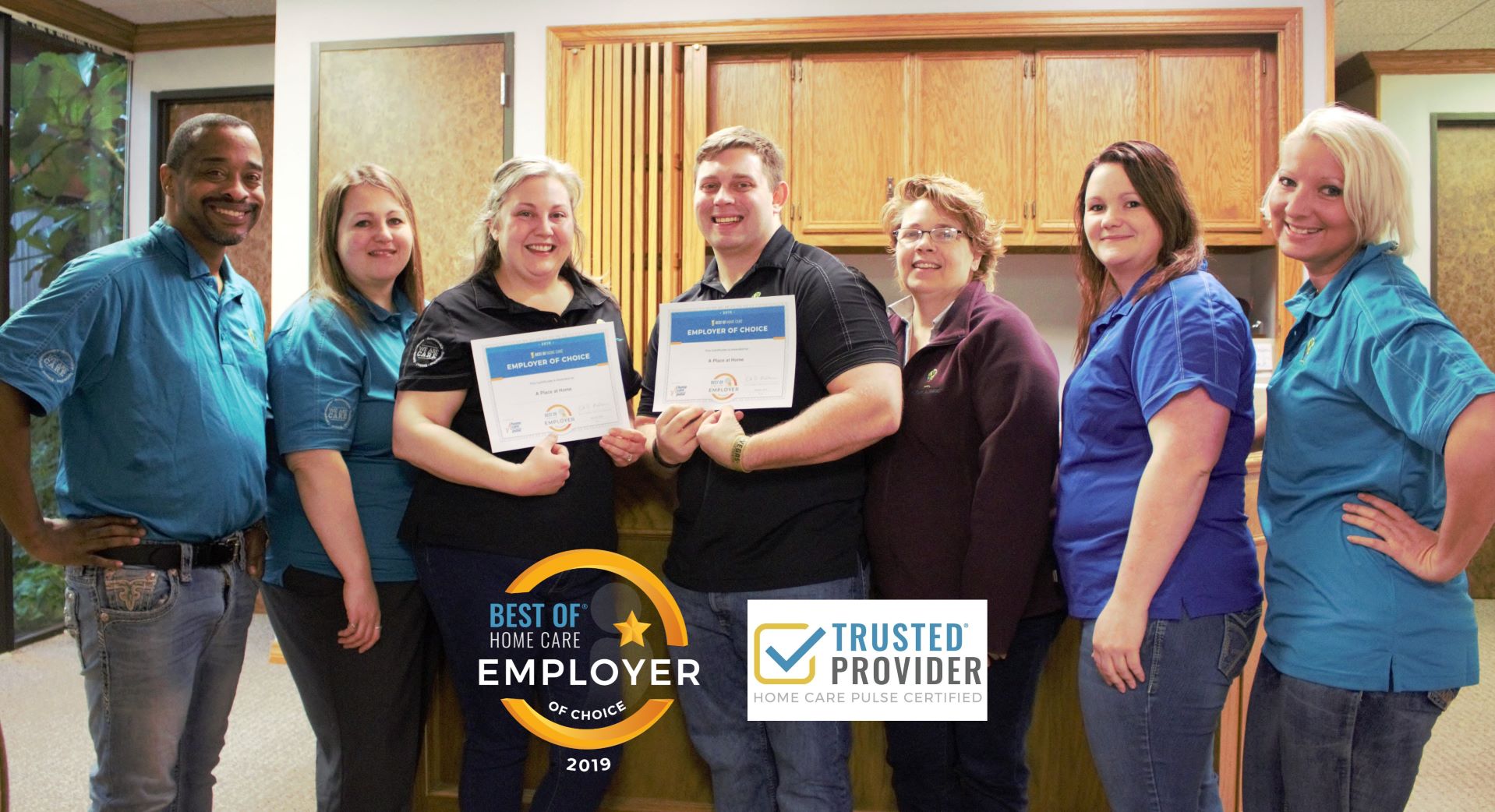About 70 percent of today’s seniors will need some type of long-term care.
Unfortunately, Medicare doesn’t cover everything that a senior may require. Let’s look at some places where Medicare falls short so you can successfully prepare for future health care needs–and avoid unwelcome surprises.
Medicare Limitations and Senior Care Options
Important limits, and costs to be aware of are bolded or linked:
- Basic hospital coverage: Medicare Part A hospital coverage comes with a big deductible of over $1300 per benefit period, plus $335 daily after the 60th day through 90th day. After 90 days, you enter Lifetime Reserve Days, of which you have 60.
- Doctor visits and outpatient care: Medicare Part B has a monthly premium and a yearly deductible, then provides 80/20 coverage for medically necessary doctor’s office care, lab testing, certain medical equipment, and specific preventative screenings.
- Prescriptions: Medicare Part D has a monthly premium, often in the $20 to $50 range per month, depending upon the plan selected. You also pay a co-pay for each Rx, depending on medication category. Coverage for brand name drugs may be 50 percent or less.
- Private Medicare insurance option: Medicare Advantage (Part C) may have a monthly premium, (in addition to the monthly $135 Medicare premium amount), although some HMOs require no extra premium. Plans substitute for Medicare Parts A, B and sometimes prescription part D, but may charge different out-of-pocket amounts than Medicare, and have different rules. Some plans offer extra perks, like prescription eyeglasses, rides to doctor appointments and more. Unfortunately, some are unclear about the specifics of the extra perks.
- Residential board and care or skilled nursing facility: Medicare Part A covers only 20 days with no co-pay. You must pay $170.50 daily for days 21-100. End-of-life hospice care is covered if you meet the stated conditions.
- In-home skilled medical care: Medicare offers coverage for 21 days, if ordered by a physician. The covered care must be skilled medical care, such as nursing or physical therapy. (Medicare does not currently pay for home health “custodial care” services, like senior grooming assistance, laundry, cooking meals, etc.
Options to Fill Medicare Gaps
- Medigap insurance: Some Medicare A and B recipients choose to buy optional, private Medigap insurance, which covers your share (of Medicare approved bills only), for a monthly premium, depending on the plan. You must purchase during a special Medigap enrollment period to avoid being charged for pre-existing conditions.
- Private long-term care insurance: Policies can be expensive. However, most people will require long term care, which Medicare does not cover, so insurance may be worth considering.
- Affordable at-home senior care: Setting up compassionate, supportive at-home care, rather than a residential rest home, may reduce stress on the senior and save money.
Note: Dollar amounts apply to 2019 benefits, which may increase yearly.
Get Reliable In-Home Care for Omaha Seniors
Let A Place at Home in Omaha help. We will work with you to create a custom plan for in-home, long-term or respite, senior care. Contact us today.










